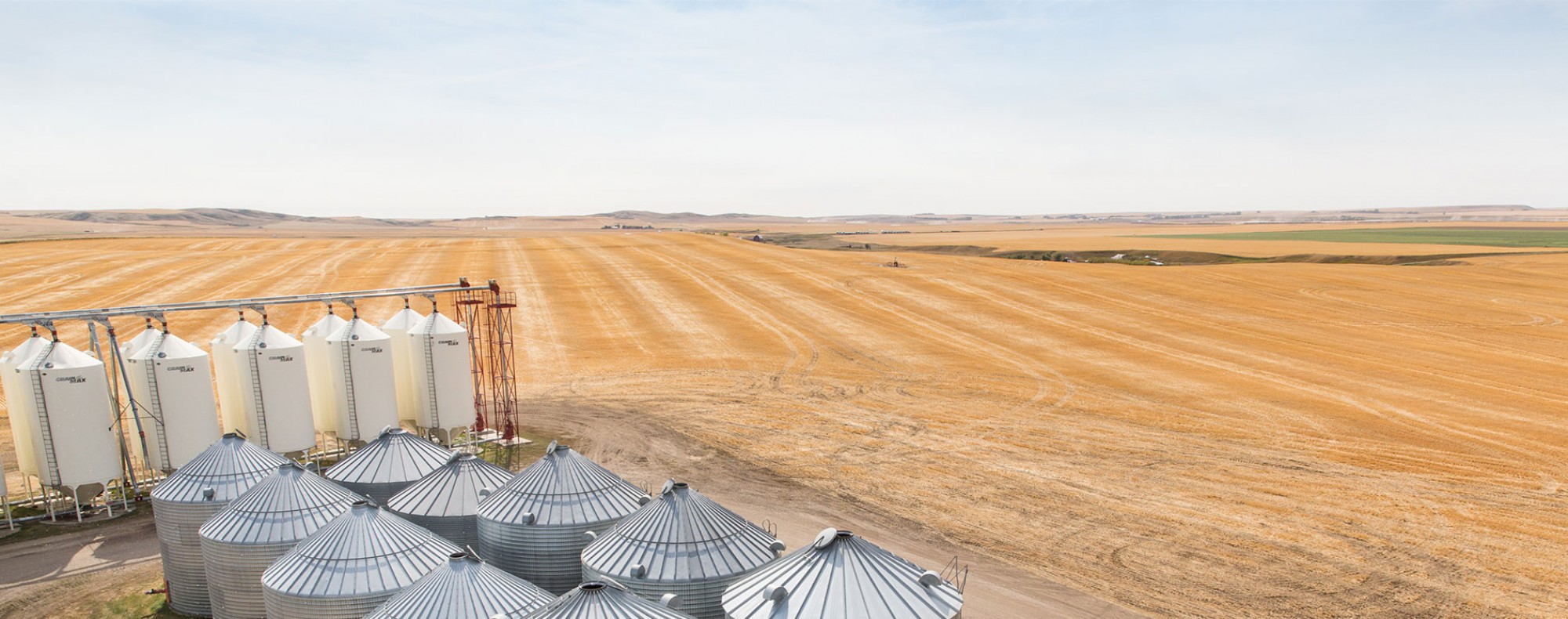Impact of microbial communities on malt properties in commercial malting
This Barley Research Cluster project was funded by Alberta Barley in collaboration with the Atlantic Grains Council, the Brewing and Malting Barley Research Institute, Rahr Malting and the Western Grains Research Foundation via the AgriInnovation Program.
Project leads: Dr. Tom Graefenhan, Canadian Grain Commission; Dr. T. Kelly Turkington, Research Scientist, Agriculture and Agri-Food Canada
Start Date: April 2013
End Date: March 2018
Alberta
Barley’s contribution: $112,469
Total funding from other
partners: $714,912
Benefits
for barley farmers:
A higher degree of microbial diversity irrespective of species composition
might stabilize or even improve malt characteristics. After key organisms are
identified and their role in the malting process can be verified, specific
quantitative polymerase chain reaction assays will be designed to select for or
avoid grain and malt lots containing these microbes on a more cost-efficient
basis.
Summary:
Microbial communities carried by barley can greatly influence malt quality and,
subsequently, other products in the malt value chain—particularly beer. The
project aims to generate DNA sequence data and microbial species information in
order to address knowledge gaps that currently exist regarding diversity,
composition and fate of microbial communities during different stages of
commercial malting.
